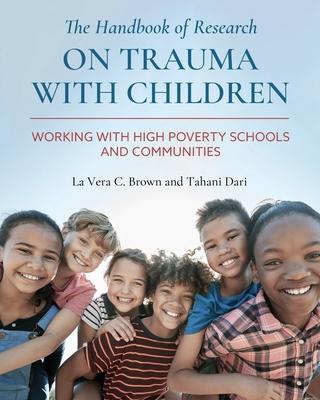The Handbook of Research on Trauma with Children: Working with High Poverty Schools and Communities helps readers understand how poverty and childhood trauma can affect all students' emotional, social, and academic processes. It underscores the importance of implementing preventive and responsive services within school settings to address disruptions and ensure children with mental health concerns are supported.
The book introduces readers to a trauma-informed process with an ecological perspective emphasizing collaborative efforts between schools, communities, and families. Each chapter provides a literature review, case study, interventions and strategies, and applications.
Dedicated chapters address homelessness and developmental implications on children; incarcerated parents; trauma treatment for children in foster care; challenges and interventions for immigrant and refugee children; bullying and harassment based on gender identity and expression; sexual abuse in children; child survivors of natural disasters; the implications of media and violence on Black children; children impacted by exposure to interparental violence; children experiencing grief and loss; and more.
The Handbook of Research on Trauma with Children is ideal for school counselors, clinical mental health professionals, educators, researchers, and other professionals in school settings, as well as program planning and training in schools and communities serving children impacted by trauma in high-poverty localities.
